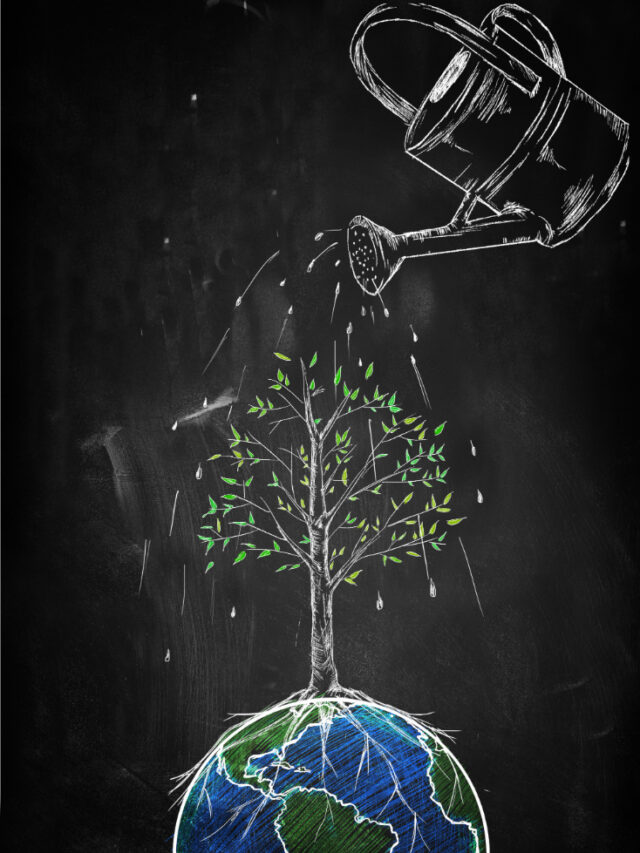Highlights
- Addiction comes in various forms.
- Understand the science behind these changes.
- The power to steer our lives in a positive direction by taking control of our habits.
Among Us, the Hidden Struggle
Among us, there are quite a lot of people who secretly battle with a challenging issue known as “Addictive Personality Disorder.” The trouble with this condition lies in its subtlety; it’s not something that can be diagnosed with a simple test. Instead, it often starts innocently enough, with the development of a habit that becomes repetitive and difficult to stop. Before we know it, we find ourselves trapped in its grasp.
When Habit Forming Went Way Too Far
An addictive personality is not something we’re born with; rather, it develops over time. It’s a pattern of behavior where individuals are more prone to developing addictions due to their impulsivity and repetitive habits. As these addictions take hold, they can lead to feelings of depression, anxiety, and detachment from loved ones. It’s essential to recognize the signs early on so that we can break free from this cycle.
Addiction Doesn't Always Mean Substance Abuse
Addiction comes in various forms, not just substance abuse. People with an addictive personality may feel the urge to engage in risk-taking and impulsive behavior. For some, it’s excessive shopping that they can’t seem to control, while others may turn to drugs, alcohol, or seek physical pleasure that offers only temporary satisfaction through dopamine release. However, these activities don’t contribute to long-term well-being.
Hear What Science Has to Say
When we fall prey to toxic addictions, our brain chemistry undergoes significant changes. These alterations reduce our productivity and pave the way for other mental challenges like anxiety and depression. It’s crucial to understand the science behind these changes so that we can tackle the root causes of our addictive behaviors.
No Worries, There's Always a Way Out!
Life is a journey filled with ups and downs, and it’s possible to break free from the clutches of an addictive personality disorder. Here are some steps to overcome it:
- Talk to People Who Will Listen: Never underestimate the power of sharing your thoughts and feelings with someone you trust. Talking openly about your struggles can help you gain new perspectives and find emotional support.
- See the Sunshine in the Storm: Instead of dwelling on the negative aspects of life, try to focus on the positive side of each occurrence. Cultivating a positive mindset can help you build resilience and cope with challenges more effectively.
- Hang Out and Chill: Relaxation and resetting are vital in our journey to break free from addictive patterns. Take time to engage in activities that bring you joy and peace. Enjoy nature, explore hobbies, and spend time with loved ones.
- Seek Professional Help: Remember that you don’t have to face this alone. Seeking help from psychological and psychiatric care professionals can be a game-changer. They can provide guidance tailored to your specific situation and help you develop healthier habits.
Take Control of Your Habits
In the end, it’s essential to understand that not all habits are inherently addictive. We have the power to steer our lives in a positive direction by taking control of our habits and behaviors. Recognizing the signs of an addictive personality, seeking support, and adopting healthier coping mechanisms can set us on a path of healing and growth. Life is too precious to be trapped in repetitive and destructive cycles, so let’s take the wheel and drive toward a brighter future.








